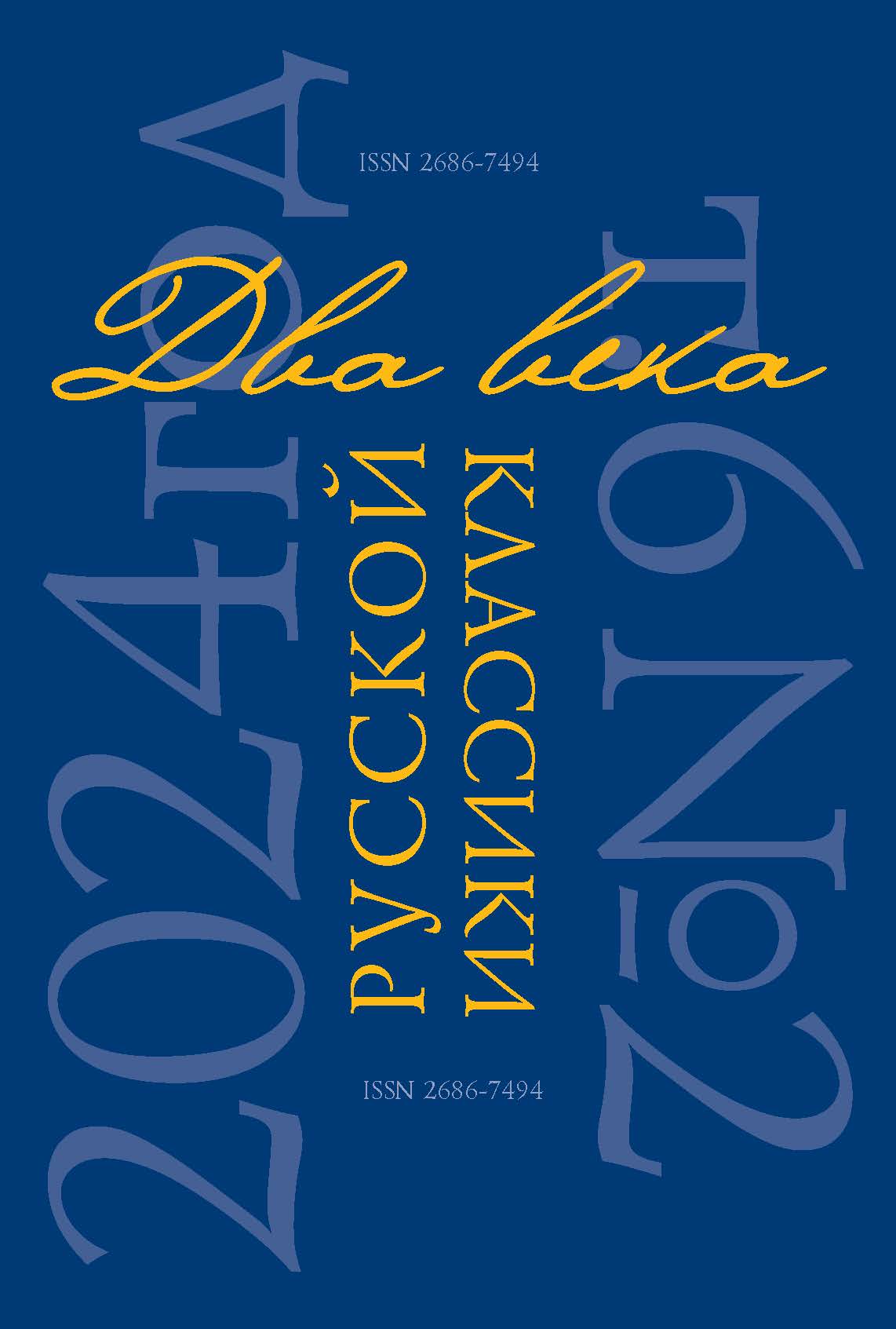Abstract: Nikolai Gogol's political thought was conservative. All questions of life – everyday, social, state, literary – had a religious and moral meaning for him. Recognising and accepting the existing order of things, he strove to change society through the transformation of human. The historical and political views of Nikolai Gogol are close to the views of Nikolay Karamzin and the Slavophiles. At the same time, he remained unsurpassed in the religious perception of the West. According to Vasiliy Zen’kovsky, no one else had such a deep direct feeling of the religious untruth of that time. In his interpretation of Russia as a theocratic state, Nikolai Gogol was at odds with Nikolay Karamzin and Alexander Pushkin, but the former was in solidarity with the latters in the sympathies for the nobility as an educated class. Nikolai Gogol came close to the main themes of Russian religious philosophy. He became the first representative of the deep and tragic religious and moral aspiration that had permeated Russian literature in the subsequent decades. The ideal of the churching of Russian life put forward by him is still profoundly significant for Russia to this day. Creators such as Nikolai Gogol, in their meaning in history, in words are similar to the Holy Hierarchs in Orthodoxy.
References
Vinogradov I. A. Gogol' v vospominaniiakh, dnevnikakh, perepiske sovremennikov. Polnyi sistematicheskii svod dokumental'nykh svidetel'stv: v 3 t. T. 1. [Gogol in contemporaries’ memoirs, diaries and correspondence. Full systematic set of documentary evidence]. In 3 vols. Moscow, A. M. Gorky Institute of World Literature of the Russian Academy of Sciences Publ., 2011, vol. 1, 904 p. (In Russ.)
Vostorgov I. I. Chestnyi sluzhitel' slova / Rech' na panikhide po N. V. Gogoliu po sluchaiu otkrytiia emu pamiatnika v gor. Tiflise, sooruzhennogo gorodskim samoupravleniem [Honest minister of the word, Speech at the memorial service for Nikolay Gogol on the occasion of the opening of a monument to him in the mountains]. Polnoe sobr. soch.: v 5 t. T. 2 [The Complete Works in 5 vols. Vol. 2]. St. Petersburg, Tsarskoe delo Publ., 1995, pp. 223–227. (In Russ.)
Gogol' N. V. Polnoe sobranie sochinenii i pisem: v 17 tomakh (15 knigakh), sost., podgot. tekstov i komment. I. A. Vinogradova, V. A. Voropaeva. [The Complete Works and Letters: in 17 vols. (15 books)]. Moscow, Kiev, Moskovskaya Patriarkhiya Publ., 2009–2010, vol. 1–17. (In Russ.)
Zen'kovskii V. V. Istoriia russkoi filosofii, sost. A. V. Poliakov [History of Russian philosophy]. Leningrad, Izd-vo Ego, 1991, Vol. 1, Part. 1, 222 p. (In Russ.)
Zen'kovskii V. V. Russkie mysliteli i Evropa, sost. P. V. Alekseeva; podgot. teksta i primech. R. K. Medvedevoi [Russian thinkers and Europe]. Moscow, Respublika Publ., 1997, 368 p. (In Russ.)
Semenov-Tian-Shanskii V. P. To, chto proshlo: v 2 t. T. 1: 1870–1917 [What has passed: in 2 vol. Vol. 1]. Moscow, Novyi khronograf Publ., 2009, 678 p.
Trubetskoi N. S. K probleme russkogo samopoznaniia: sobranie statei [On the problem of Russian self-knowledge: collection of articles]. Parizh, Evraziiskoe knigoizdatel'stvo Publ., 1927, 95 p. (In Russ.)









